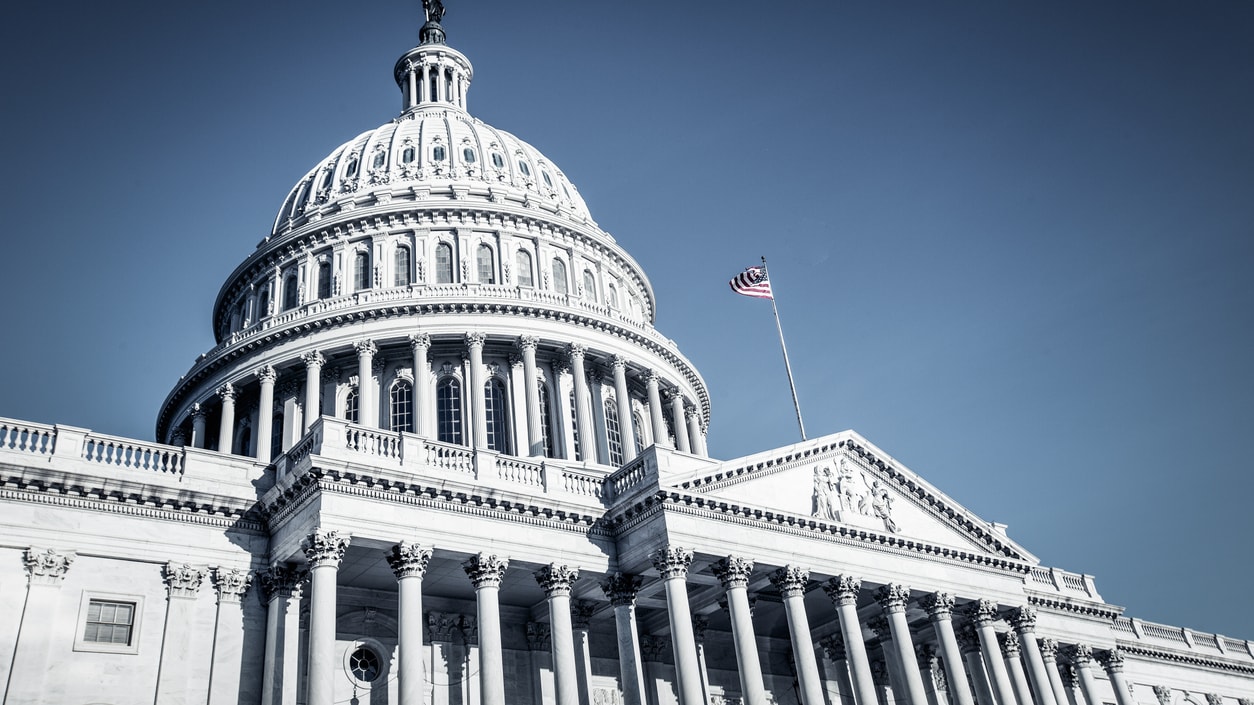Congressional lawmakers introduced a Congressional Review Act (CRA) resolution to overturn the National Labor Relations Board's (NLRB's) new joint employer rule. The final rule, released on Oct. 26, provides a broadened standard for when two employers that conduct business together are considered to be joint employers and thus liable for one another's unfair labor practices. The rule is slated to take effect Dec. 26.
U.S. Reps. John James, R-Mich., Virginia Foxx, R-N.C., and Speaker Mike Johnson, R-La., joined U.S. Sens. Bill Cassidy, R-La., Joe Manchin, D-W.V., and Mitch McConnell, R-Ky., to oppose the rule.
In a joint statement, the legislators said the rule jeopardizes the franchise business model by giving franchisers extra liability. They said the rule creates legal uncertainty for small and local businesses, leading to higher operational costs and less opportunity to create jobs.
The rule "will destroy the business model that has helped countless men and women achieve the American Dream," Foxx said. "It means higher costs for consumers and fewer jobs for workers."
The rule "is an attack on Main Street America, as it will destroy countless livelihoods. It will leave small business owners and working Americans with less freedom and less autonomy to run their own businesses and lives," Johnson said.
In public comments, the National Federation of Independent Business in Washington, D.C. said the rule will lead franchisers to require more stringent and expensive franchising agreements, and the result will be fewer franchises. It also said the rule will cause small businesses to incur higher insurance and legal costs.
Joint employers must participate in collective bargaining if employees for one of the organizations are represented by a union.
Twenty-two Democratic lawmakers applauded the rule in a letter to the NLRB, arguing that it correctly interprets employers' legal obligations under the National Labor Relations Act (NLRA).
U.S. Sen. Patty Murray, D-Wash., supported the rule, saying it "is about empowering workers so they can bring their employers to the table to bargain for higher wages and better working conditions—so it's great to see the NLRB finalize this standard and provide guidance to make sure corporations don't try to dodge this important responsibility."
Lawsuit Filed
On Nov. 9, a collection of business groups sued the NLRB in federal district court, alleging the joint employer rule is unlawful. The coalition includes the U.S. Chamber of Commerce, the National Retail Federation, the International Franchise Association, the American Hotel and Lodging Association, Associated Builders and Contractors, Associated General Contractors of America, and the National Association of Convenience Stores.
The lawsuit said the final rule is overbroad and contradicts the common-law definition that limits joint employment to relationships of actual and substantial control of working conditions, such as pay and schedules. It also claimed the NLRB violated the federal Administrative Procedure Act, which requires federal agency actions to be reasonable and reasonably explained.
We've collected a group of articles on the news from SHRM Online and other trusted sources.
‘Arbitrary and Capricious’
The business groups argued that the final rule is "arbitrary and capricious" in violation of administrative law—saying it "threatens chaos and indeterminacy in national labor relations"—and challenged the NLRB's justification for issuing a new rule so soon after an all-Republican board released its own joint employer measure in 2020.
The final rule allows for a joint employer status based on indirect or unexercised control of working conditions. It rescinds an earlier standard that said joint employment turns on the exercise of direct and immediate control of working conditions.
Standard of Proof
The final rule makes clear that a party can prove joint employer status by a preponderance of the evidence, in contrast to the NLRB's previous standard, which required a finding based on the totality of facts in the particular employment setting.
Congressional efforts to undo the NLRB's action face a likely veto, and prospects for an override are slim.
If a business doesn't want to be a joint employer, then it should conduct a comprehensive assessment of business relationships and changes to avoid reserved or indirect control over essential terms and conditions of employment.
When appropriate, companies can write into business contracts that they don't have control over work conditions, so that they won't be considered joint employers, according to Harry Johnson, an attorney with Morgan Lewis in Los Angeles. "Contracts may get simpler," he said.
An organization run by AI is not a futuristic concept. Such technology is already a part of many workplaces and will continue to shape the labor market and HR. Here's how employers and employees can successfully manage generative AI and other AI-powered systems.




